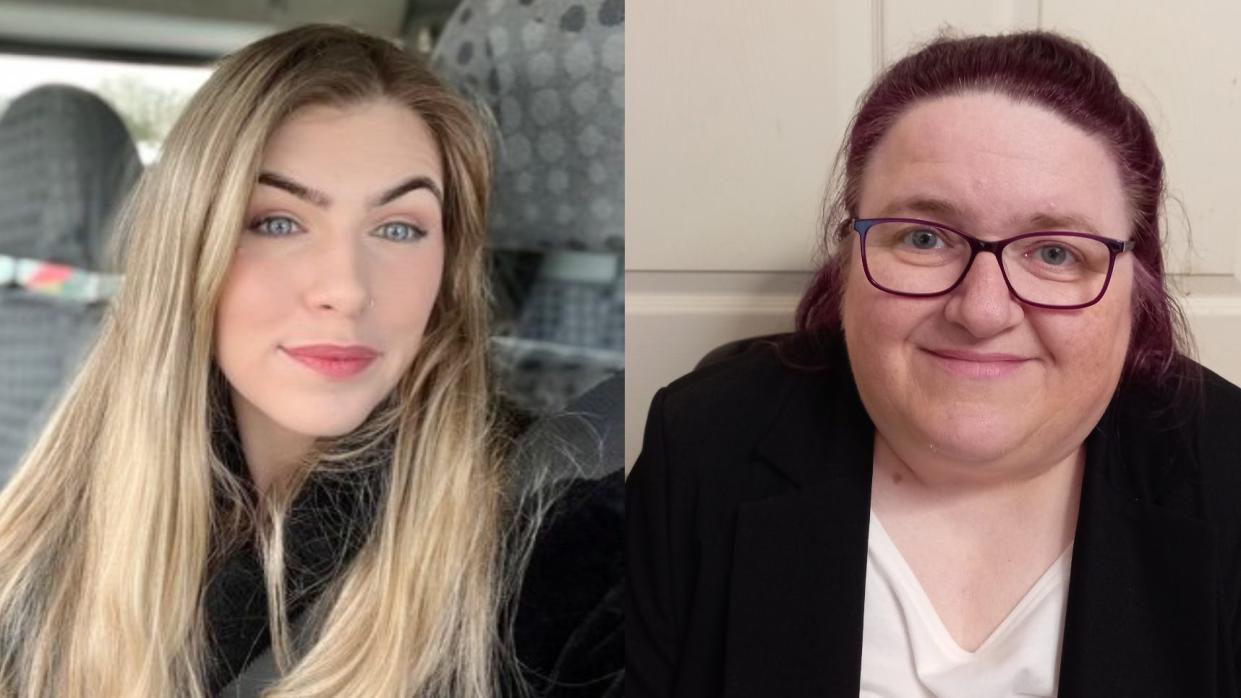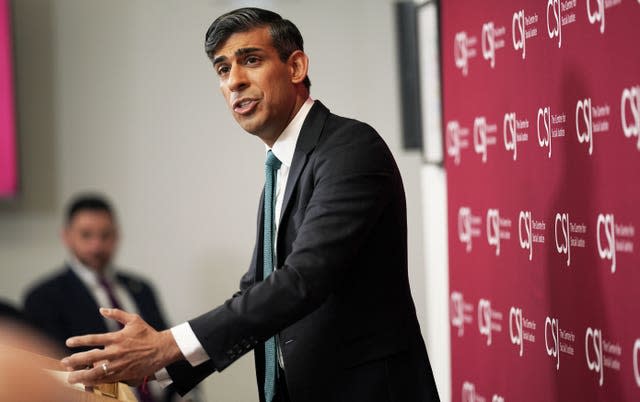Women who receive disability payment criticise planned welfare reforms

People with disabilities who receive welfare payments have criticised Rishi Sunak’s planned welfare reforms as “insane” and “actively targeting disabled and vulnerable people”.
Mr Sunak has proposed reforms to the personal independence payment (Pip), which is aimed at helping with extra living costs if someone has a long-term physical or mental health condition or disability.
He suggested greater medical evidence could be required to substantiate a Pip claim, and that some people with mental health conditions might be offered talking therapies or respite care rather than cash transfers.
Debra Baxter, 58, who has triplegic spasmatic cerebral palsy, burnout syndrome and various food intolerances, was “completely incensed” when she learned of Mr Sunak’s proposal, she told the PA news agency.
Ms Baxter, a full-time wheelchair user who owns two powered wheelchairs, received £434.20 every four weeks through Pip, which she relied on to pay her electricity and gas bills, she said.
“I’ve had to stop charging my wheelchairs as much because the electricity bill is so expensive,” she said.
“I’m just taking a risk, trying to balance between, can I pay the electricity bill or am I risking my wheelchair breaking down – you’re kind of holding your breath all the time.

“At the end of the day, I can’t be carried everywhere and I can’t be pushed everywhere in a manual chair, so I need that extra electricity to charge my wheelchairs.”
Ms Baxter, based in Wigan, Lancashire, is concerned that the proposed changes could impact her ability to pay her bills, explaining that her house needed to be warm to lessen her muscle spasms, and her dietary intolerances and the cost-of-living crisis had tripled her food bill.
“If the cold weather comes along, that would actually make the spasms even worse and so the heating is essential, so that I can relax my muscles as much as possible, because otherwise I wouldn’t be able to move and I’d be in more pain,” she said.
“I need social care to help me get washed, dressed and go to the toilet, it’s not something I can just take or leave, because I need that support.”
She said: “If the Government wants disabled people to go back to work, services are not going to be flexible enough to allow that, so basically, it’s an insane proposal, quite frankly, in my eyes, especially as it would affect me a great deal.

“The Government really doesn’t seem to understand the needs of disabled people because they don’t want to listen to independent disabled people.
“They’re going to drive disabled people into more poverty and more mental health problems, and more problems with disability.”
Rosie Sargent, 27, who has cerebral palsy and lives in Wiltshire, said she received around £316 every four weeks through Pip and that the payment did not sufficiently cover her costs.
Ms Sargent told PA: “My (Pip) only covers the basics like gas and electric. It doesn’t touch what I actually need to spend it on like transportation, as that’s a challenge within itself.
“I am lucky to have my partner to cover household costs, however I have to sacrifice being able to go out and about, heating (as it is really expensive even when I do top it up).
“I became dangerously underweight with a BMI of 14 so that my children had all the food they need. I have one meal a day and rely on nutritional shakes prescribed by the GP. I have completely lost any independence I had pre-Covid.”

She said applying for Pip was “a long and tiring process”.
“I felt like I was being gaslit by the Government and that my experience as a disabled person was being downplayed. A part of me felt like I had lost my identity,” she said.
On comments made by Mr Sunak in a speech, including where he spoke about his worries about Pip “being misused”, she said: “It is quite clear after Sunak’s comments today that the Government is actively targeting disabled and vulnerable people.
“I am concerned that this will increase hatred towards disabled people and make our lives harder than it already is.”


